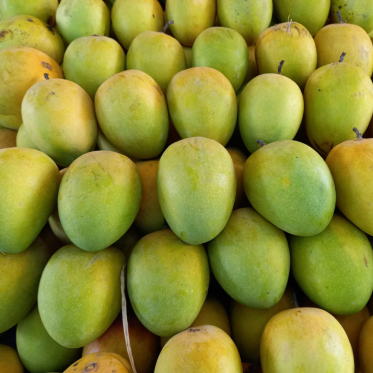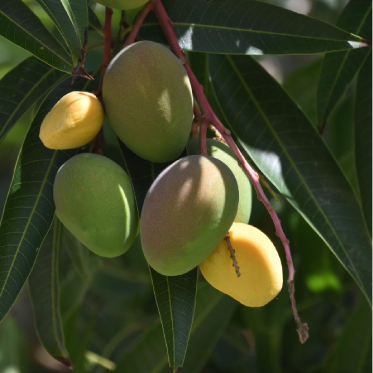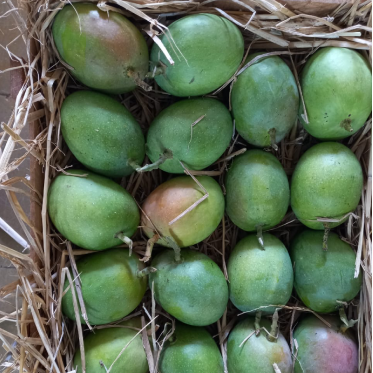The Ratnagiri Alphonso Mango, often known as the “King of Ratnagiri Alphonso Mangoes,” has a wealthy records in India, intertwined with exchange, colonization, and cultural heritage. This range is renowned for its unparalleled flavor, clean texture, and awesome aroma, and is in particular related to the coastal vicinity of Maharashtra, particularly Ratnagiri and Devgad.












